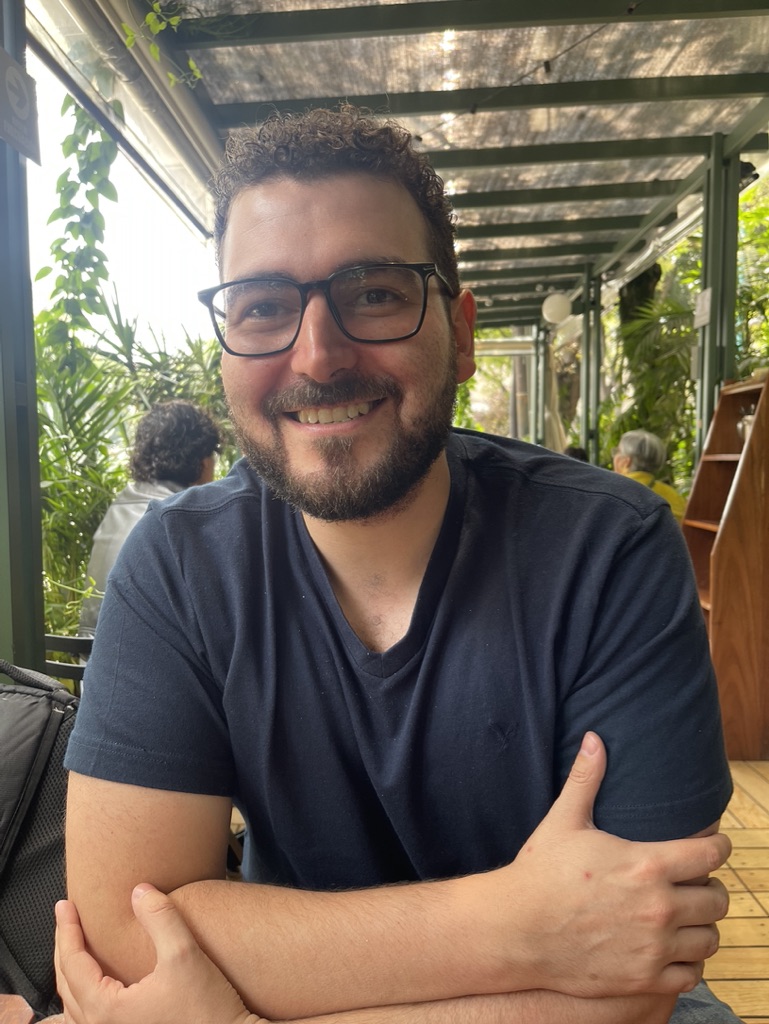Brown Bag Series #49 Jan HARTLEBEN
“The anti-corruption protest cycle in Guatemala: a relational approach for understanding its trajectory”

Brown Bag Series #49
Date: 2024/07/05, Friday
Time: 19:00-20:00
Location: Open Space, 4th Floor, Building 18, The University of Tokyo, Komaba Campus
Language: English (both Spanish and English can be used in the Q&A sessions)
Fee: Free
*A reception party will follow the presentation.

Jan HARTLEBEN MONZÓN
Research Assistant, Centro de Estudios Sociológicos, El Colegio de México
Ph.D. student, Faculty of Social and Political Sciences, Universidad Nacional Autónoma de México
Title: “The anti-corruption protest cycle in Guatemala: a relational approach for understanding its trajectory”
Summary:
On April 16, 2015, the International Commission against Impunity in Guatemala (CICIG), together with the Public Ministry (MP), presented at a press conference the discovery of a massive corruption scheme embedded in the country’s customs offices that involved high-ranking officials of the Guatemalan State; this case was known as “La Línea.” After the conference, 8 people used the social network Facebook to call for a sit-in on Saturday, April 25 in the Central Plaza in front of the National Palace. The call was massive, more than 30 thousand people came to the Plaza to demand the resignation of the vice presidency.
How can we explain that the call made from Facebook on April 16 became a massive sit-in in the center of the capital city? How did these protest events, initially concentrated in Guatemala City and with a strong presence of the middle classes, expand and transform into a nationwide contentious episode involving a diversity of actors in Guatemalan society in the following years?
Using these two questions, I intend to reconstruct this contentious episode, focusing on the mechanisms that allow explaining its emergence, transformation and subsequent decline of the anticorruption protest cycle. Using Protest Event Analysis (PEA) and interviews with key informants, I seek to argue that the anti-corruption protests in 2015 were not isolated events; on the contrary, they constituted a large-scale contentious cycle in which new actors and identities were configured, ruptures and continuations were produced in the repertoires of action typical of Guatemalan society, and the relationships between the challenging actors and the political and economic elites of the country were reconfigured.
